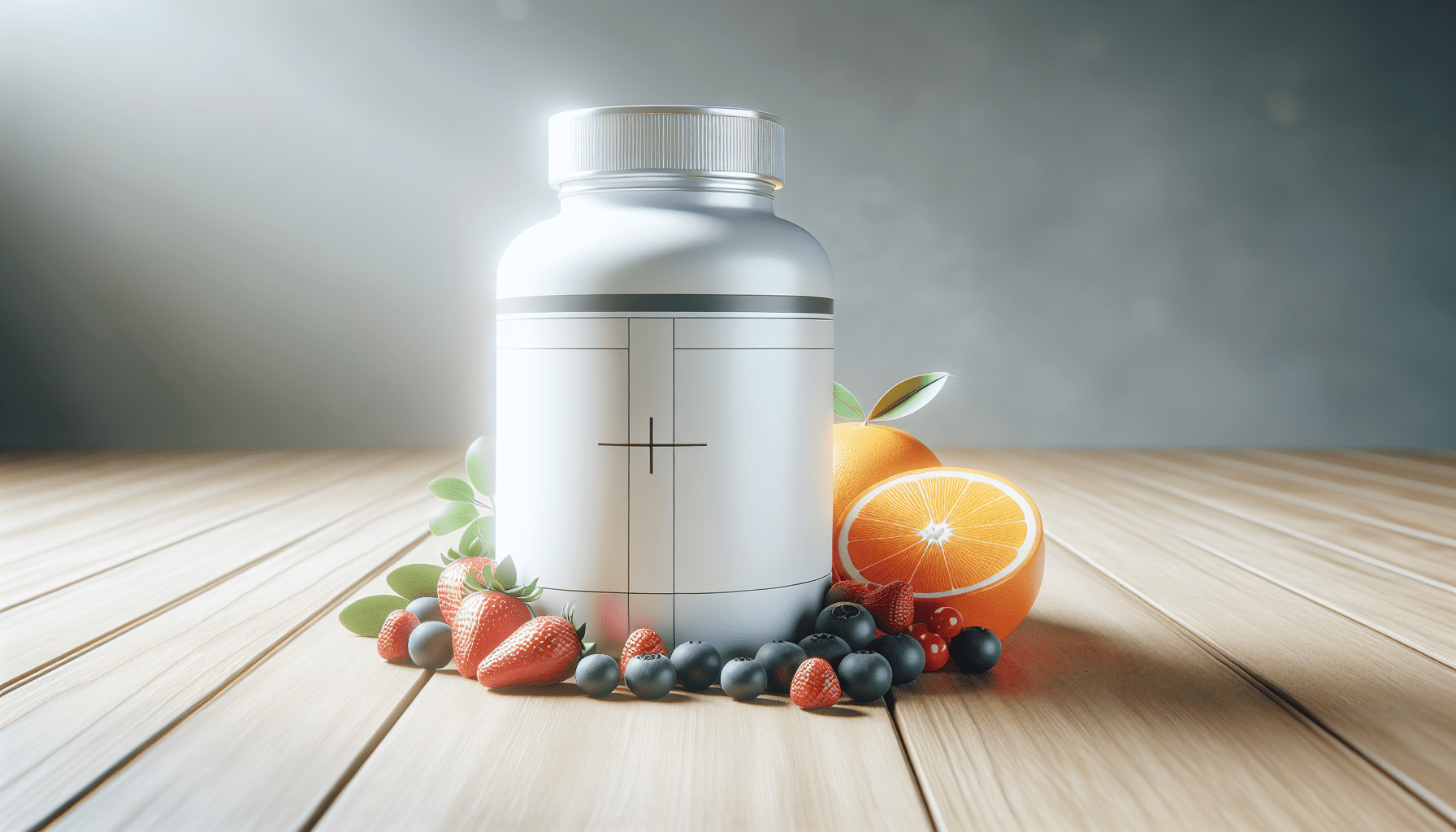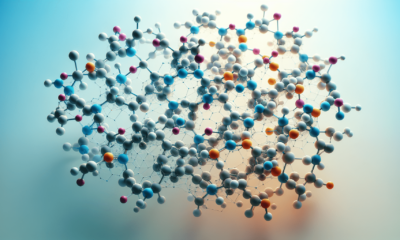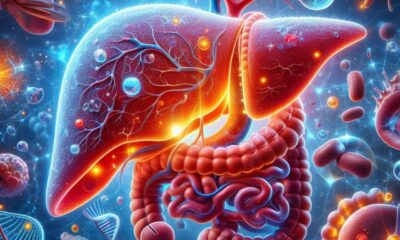Health and Wellness
Harnessing the Power of Pregnenolone and DHEA for Optimal Health
Unlock optimal health by understanding the roles of pregnenolone and DHEA. Learn how these vital hormones impact mood, energy, and overall well-being.
Have you ever wondered how certain hormones can impact your health and well-being? In this article, we’ll demystify two powerful substances: pregnenolone and DHEA. These hormones play a critical role in various bodily functions and can greatly influence your overall health.

Introduction to Pregnenolone and DHEA
What is Pregnenolone?
pregnenolone is a steroid hormone synthesized from cholesterol. It serves as a precursor to many other hormones, including cortisol, testosterone, estrogen, and especially DHEA. This hormone is mainly produced in the adrenal glands, brain, and gonads. Acting as a “parent” hormone, pregnenolone’s primary function is to facilitate the production of other essential hormones in your body.
What is DHEA?
Dehydroepiandrosterone, more commonly known as DHEA, is another crucial steroid hormone that is primarily produced in your adrenal glands, brain, and skin. It is one of the most abundant circulating hormones in your body. Once produced, DHEA can convert into both male and female sex hormones, such as testosterone and estrogen. DHEA’s versatility makes it a cornerstone hormone that plays vital roles in various physiological processes.
The Importance of Hormonal Balance
How Hormones Affect Your Body
Hormones are the body’s messengers, orchestrating critical functions such as metabolism, immune response, mood, and sexual function. Imbalances can trigger a domino effect, impacting multiple bodily systems. For instance, an imbalance in pregnenolone or DHEA levels could affect mood, energy levels, and even cognitive function.
Synergy Between Pregnenolone and DHEA
Pregnenolone and DHEA operate in synergy to maintain hormonal equilibrium. Pregnenolone acts as the substrate from which DHEA is synthesized. When one of these hormones is deficient or imbalanced, the effects can ripple through the production of other hormones, such as cortisol and sex hormones, inevitably impacting your overall health.
Benefits of Pregnenolone
Cognitive Enhancement
One of the more enticing benefits of pregnenolone is its potential role in cognitive enhancement. Research suggests that pregnenolone may improve memory, learning, and overall cognitive function. This could be particularly beneficial for older adults experiencing age-related cognitive decline.
Mood and Stress Reduction
Pregnenolone is also believed to have mood-stabilizing properties. It may help alleviate symptoms of depression and anxiety by modulating neurotransmitters in the brain. Additionally, pregnenolone can buffer the harmful effects of chronic stress by influencing cortisol levels.
Anti-Inflammatory Properties
Emerging research points to pregnenolone’s anti-inflammatory benefits. Chronic inflammation is at the root of many diseases, including heart disease, diabetes, and cancer. Therefore, maintaining adequate pregnenolone levels could be beneficial for long-term health.
Benefits of DHEA
Enhancing Energy and Vitality
DHEA is often associated with enhanced energy levels and overall vitality. Many people report feeling more energetic and capable when their DHEA levels are balanced. This hormone can also influence muscle mass and physical strength, which is particularly advantageous as you age.
Supporting Immune Function
DHEA boosts the immune system by enhancing the activity of immune cells like T-cells and natural killer cells. A robust immune system is essential for warding off illnesses and recovering more quickly when you do fall sick.
Anti-Aging Effects
One of the most popular uses of DHEA supplements is their purported anti-aging benefits. DHEA levels naturally decline as you age, and maintaining adequate levels can help mitigate the signs of aging, both physical and mental.
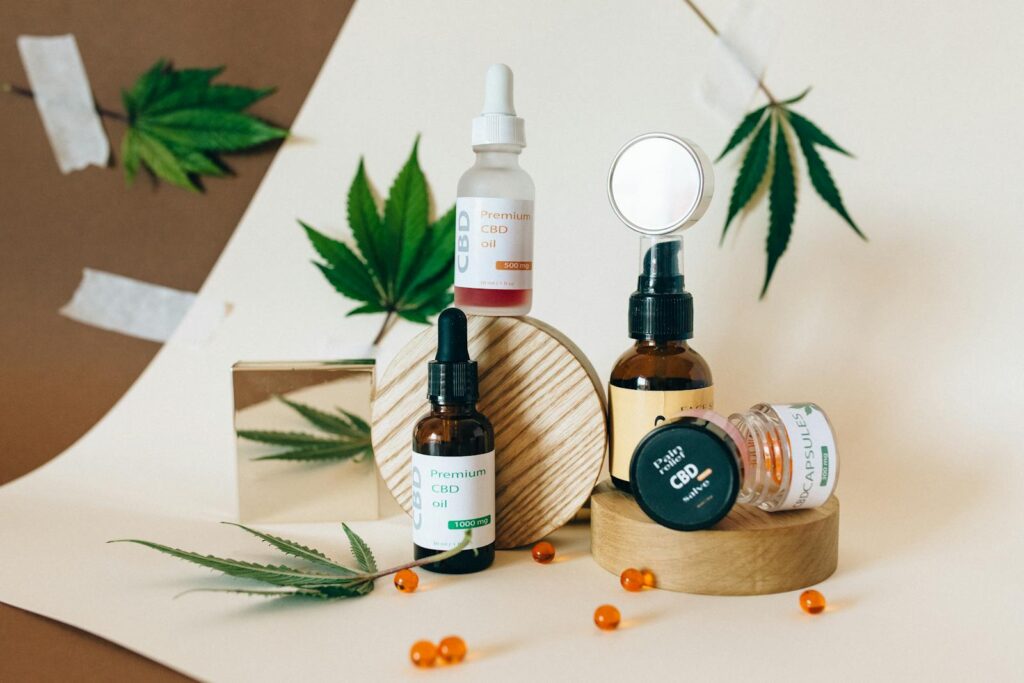
Comparison: Pregnenolone vs. DHEA
Functions
| Feature | Pregnenolone | DHEA |
|---|---|---|
| Primary Function | Precursor to many steroid hormones | Converts to sex hormones |
| Cognitive Benefits | Memory enhancement, learning, mood stabilization | Less documented |
| Stress and Mood | Acts as a stress buffer, mood-stabilizing | Energy boost, anti-aging |
Choosing the Right Supplement
It’s important to determine which supplement is suitable for you. While pregnenolone tends to be more focused on cognitive and mood benefits, DHEA offers advantages in energy, immunity, and anti-aging. Consulting with a healthcare professional is essential for personalized advice.
Potential Risks and Side Effects
Pregnenolone Risks
Pregnenolone is generally considered safe when used correctly. However, potential side effects can include headaches, insomnia, irritability, and altered mood. It’s essential to maintain proper dosages to avoid these risks.
DHEA Risks
DHEA, like pregnenolone, has its own set of potential side effects. Overuse can lead to symptoms like acne, hair loss, and hypertension. Women might experience changes in menstrual cycles or deepened voice, whereas men might experience testicular atrophy or prostate issues.
Long-term Considerations
Both hormones should be used cautiously over the long term. Regular blood tests and consultations with healthcare providers are vital for monitoring hormone levels and adjusting dosages as needed.
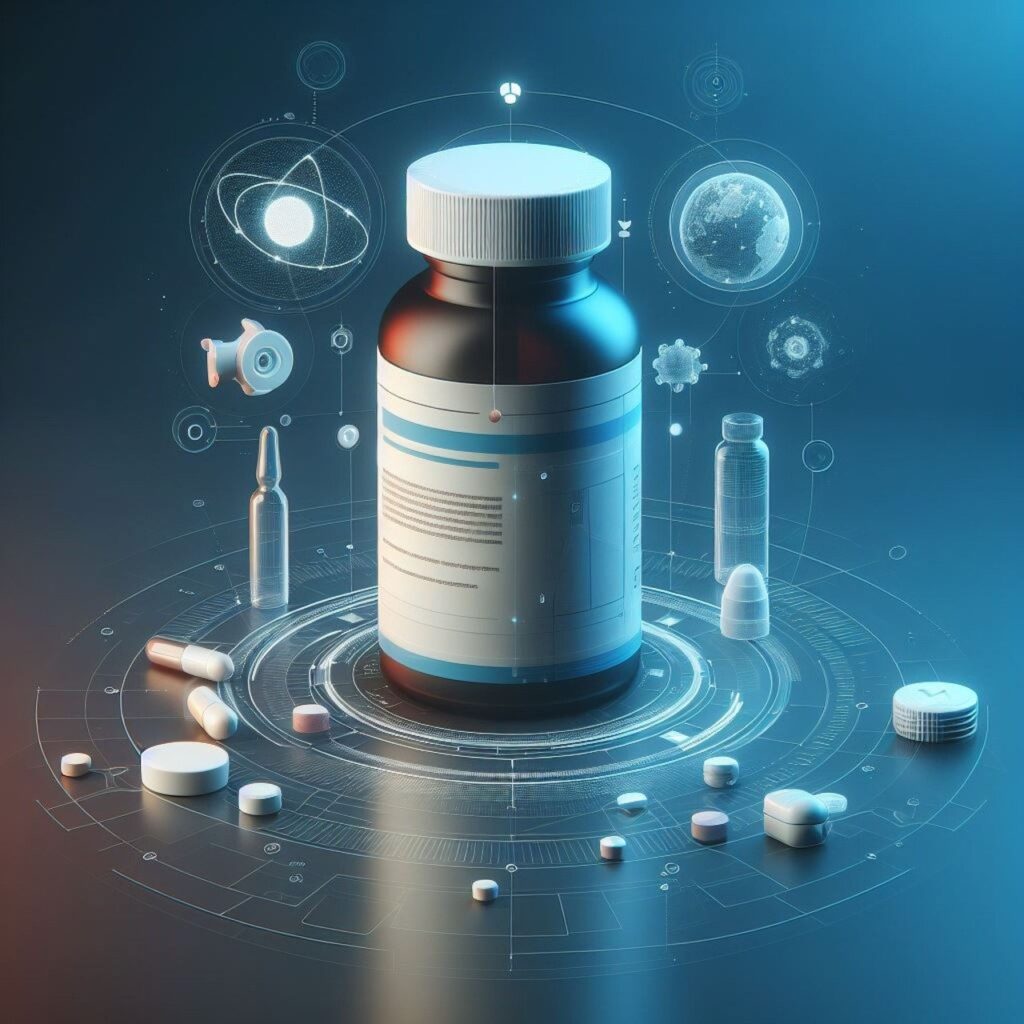
Practical Tips for Supplementation
When to Consider Supplementation
Supplementation should be considered if you are experiencing symptoms indicative of hormonal imbalances, such as chronic fatigue, mood swings, or cognitive decline. Always consult a healthcare provider before starting any new supplement regimen.
How to Choose Quality Supplements
When choosing supplements, opt for reputable brands that perform third-party testing. Look for certifications and read ingredient labels carefully to ensure you are getting a pure and effective product.
Recommended Dosages
Typical pregnenolone dosages range from 5 mg to 50 mg per day, while DHEA is often taken in doses ranging from 25 mg to 100 mg per day. However, these dosages can vary based on individual needs and medical advice.
Monitoring Hormone Levels
Importance of Testing
Testing is crucial for maintaining balanced hormone levels. Saliva, blood, and urine tests can provide insights into your hormone levels. Regular monitoring helps adjust dosages and ensures that you are achieving the desired health outcomes.
How Often to Test
Frequent testing, especially when first starting hormone supplementation, can help fine-tune your regimen. Initial tests may be done every few months, with subsequent tests every six months or annually, depending on your healthcare provider’s recommendations.
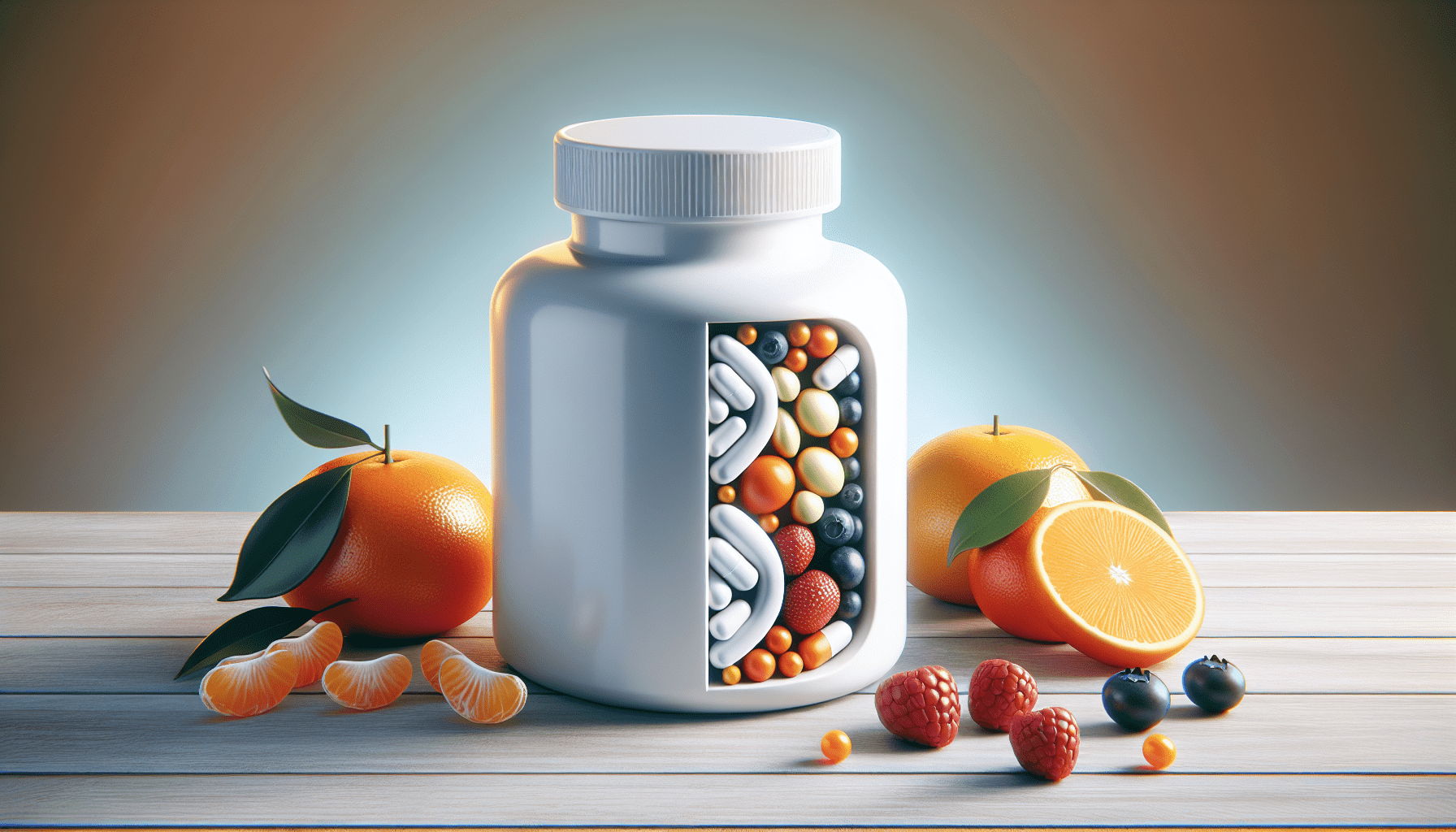
Lifestyle Factors That Influence Hormones
Diet and Nutrition
Eating a balanced diet rich in essential nutrients can influence hormone production. Foods like healthy fats, protein, and leafy greens can support your endocrine system. Avoiding excessive sugar and processed foods can also help maintain hormonal balance.
Exercise
Regular physical activity can significantly impact hormone levels. Exercise helps manage weight, reduce stress, and improve overall mood, all of which can positively influence hormone production and balance.
Sleep
Adequate sleep is essential for hormonal health. Poor sleep can disrupt hormone production, leading to imbalances. Aim for 7-9 hours of quality sleep per night to support optimal hormone levels.
Conclusion: Achieving Optimal Health with Pregnenolone and DHEA
By understanding the roles and benefits of pregnenolone and DHEA, you can make informed decisions about your health. These hormones offer tremendous potential for improving cognitive function, mood, energy levels, and overall wellness. Always consult a healthcare professional before embarking on any supplementation journey to ensure it aligns with your unique health needs. Their synergistic effects can pave the way for a healthier, more balanced life.
